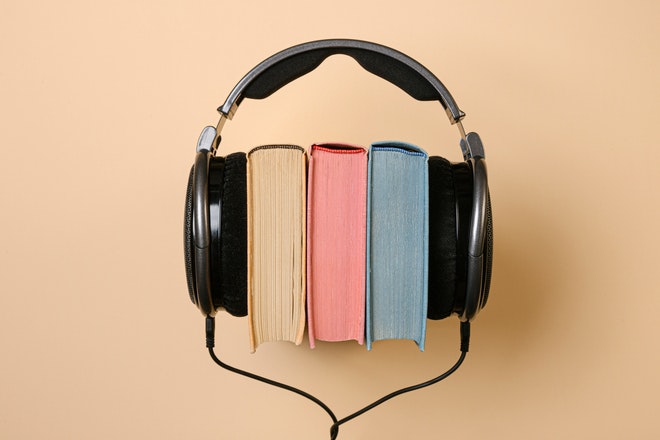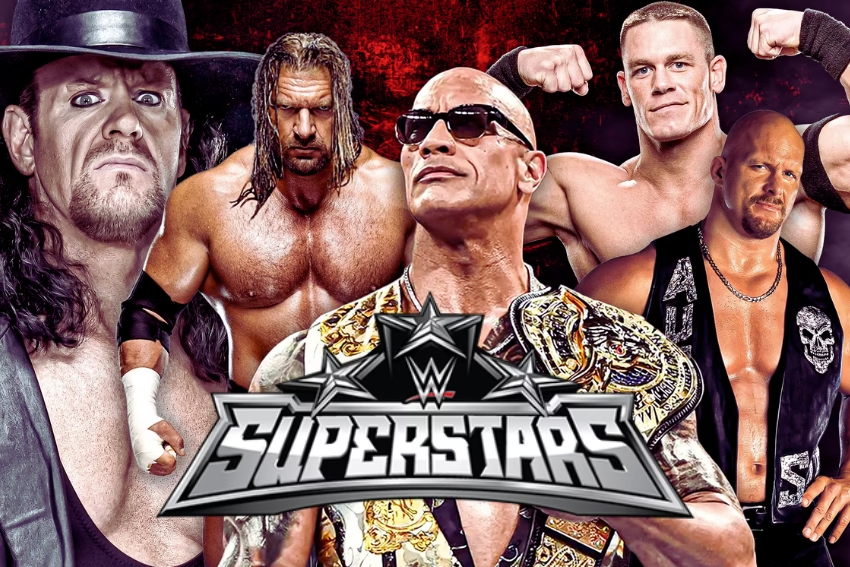One of the world’s greatest electric guitar players is none other than the towering Eric Clapton. He has had a far-reaching impact on the minds and music of many would-be lead guitarists. From his distinctive style and groundbreaking techniques, the eric clapton touch changed the world of music and electric guitar.
The Early Years
Clapton didn’t start out as a legend, he started out playing on an inexpensive acoustic guitar and later cheap electric guitars. Music for Clapton began when he received a Hoyer Guitar for his 13th birthday. Heavily influenced by the Blues, by the age of 16, Clapton was getting noticed for his music.
His first bands were the Yardbirds and Bluesbreakers. These early influences on Clapton shaped his career and musical style. Clapton’s bluesy, emotional playing and unique way of playing an electric guitar earned him a reputation as a trailblazer. His performances were characterised by long guitar solos and improvised parts.
The Crossroads of Influence: Blues and Rock Fusion
Continuing as a trailblazer, Clapton’s revolutionary style blends blues and rock effortlessly. After he left Bluesbreakers and joined Cream, Clapton started to develop himself as a singer, songwriter and guitarist. However, it was in 1967 that Clapton gained his rock influence.
By this point he was considered one of the best guitarists in the UK, and the arrival of Jimi Hendrix on the music scene posed a challenge for Clapton. Hendrix’s acid-rock style and use of feedback and effect pedals to create new sounds were revolutionary and had a profound effect on Clapton’s career.
As a result, most of his solos act like a function where the sweet licks in old-time blues are crossed with the exciting power of rock. This combination brought in many fans while creating an intersection within the next generation of guitarists to explore the links between these two styles.
Tone Wizardry: The Woman’s Tone
In his search for the ideal tone, and his amalgamation of blues and rock, Clapton developed his famous “woman tone” which can be achieved by twisting the guitar’s control knobs and using the neck pickup which gives this characteristic sound its creaminess and silky texture. This new way of tone shaping changed the scene for various guitar players and is a sought-after sound in the world of electric guitars.
Unplugged and Intimate: Acoustic Mastery
While Clapton is often remembered for his electric guitar performances, his unplugged shows showed another side to him. His sensitive interpretations of old hits and amazing acoustic renditions marked the beginning of a more mellow period in Clapton’s career. His decision to depart from the electric guitar further demonstrated his versatility which played a role in revolutionising guitar playing beyond the realms of traditionalists.
The Stratocaster Legacy: Iconic Instrument Choices
His choice of gear is as well-known as his way of playing. Blackie and Brownie were Clapton’s favourite Stratocasters. Their sleek curves and diverse tonal characteristics gelled wonderfully with his playing style and were responsible for some of the most iconic recordings ever produced. Generations of guitarists have been motivated by his choice of instruments.
The Influence on Future Generations
Clapton’s influence goes beyond his musical innovations. Multiple modern musicians recognise Clapton’s impact on their playing style, often pointing to him as a muse. By focusing on emotion, and expression and going beyond the boundaries of what an electric guitar is capable of, he has left an indelible mark that can be felt by the fingers of all guitarists irrespective of genre.
Conclusion: The Everlasting Clapton Legacy
Eric Clapton was a revolutionary electric guitar who changed the world of music as it was known. He had an iconic playing style that will never be erased from the pages of rock’n roll history. From the raw blues of his youth to his “woman tone” and his ventures into the world of acoustic guitar, Clapton was a versatile and legendary player. Today aspiring guitarists still study and try to emulate Clapton’s style, making sure that the Clapton touch remains a factor in future electric guitar playing styles.






